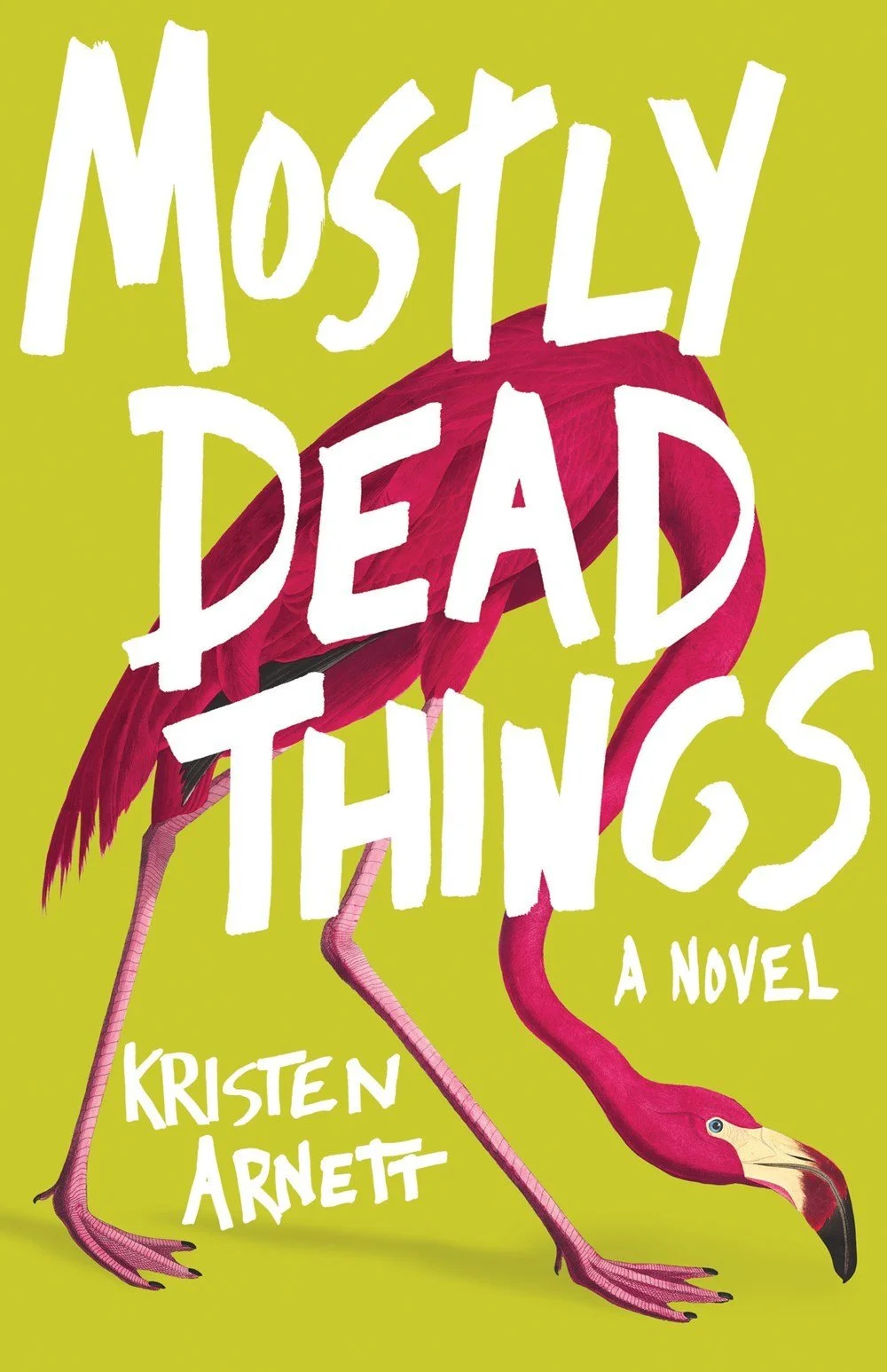Manic Pixie Moms
By: Jenni Waddell-Hillberry
Welcome to Manic Pixie Moms, where the girls who once romanticized dysfunction now face the raw, unfiltered reality of motherhood. Think less Nancy Meyers kitchen and more a blurry montage of spit-up, intrusive thoughts, and half-finished identity crises.
The women in these books didn’t plan for motherhood—they stumbled into it, got dragged into it, or said yes and immediately regretted it. They’re not glowing. They’re unraveling, one existential crisis at a time.
If you’ve ever breastfed while spiraling, disassociated during a diaper change, or fantasized about ghosting your own family—these books get it.
The Myth of the Maternal Glow
Society at large has been pushing the myth of the maternal glow since forever. The idea that motherhood is inherently soft, nurturing, self-sacrificing, and instinctual has been baked into our cultural psyche. But what happens when a woman gives birth and feels not glowy but hollow? What if she feels rage, confusion, grief? What if motherhood isn't transcendence—but disintegration?
In Nightbitch by Rachel Yoder, the main character is a former artist-turned-stay-at-home mom who begins to believe she’s turning into a dog. On the surface, it’s absurd, but dig deeper and it’s ferociously feminist. Her canine transformation becomes a metaphor for the primal frustration of erasure—the way motherhood can strip away identity and turn women into background players in their own stories.
Meanwhile, Pizza Girl by Jean Kyoung Frazier gives us a protagonist who’s already floundering long before the baby arrives. A pregnant teenager, unnamed throughout the book, fixates on a suburban mom who orders strange pizzas and offers a fleeting escape from her own mess of a life. She isn’t preparing for motherhood—she’s dodging it, numbing it, and dismantling any version of herself that fits into a tidy narrative. This is a story of refusal, rebellion, and pickles.
Both characters reject the glow and lean into the grit. And in doing so, they offer readers a rare kind of honesty: that motherhood can be both a miracle and a mindf*ck.
Sexually Unmoored, Emotionally Unavailable, Spiritually Unhinged
Motherhood is often sold as a return to purpose. But in these stories, it fractures the self. The body becomes a battleground, desire becomes complicated, and the concept of “having it all” is laughable at best.
In All Fours by Miranda July, a forty-something mom and wife set out on a short solo trip—and just never return. What begins as a mundane errand turns into a strange, messy odyssey through shame, sex, and self-discovery. July blurs the line between womanhood and motherhood, exploring what happens when a mother’s needs center, not on caregiving but on her own pleasure, freedom, and confusion.
Then there’s Mostly Dead Things by Kristen Arnett. While the narrator isn’t a mother herself, her mom is a force of chaotic energy—grieving, sexual, emotionally detached, and creatively deranged. After her husband’s suicide, she turns to increasingly grotesque taxidermy and self-destructive behavior to cope. It’s maternal grief without filter or apology. A portrait of a woman pushed to her edge with nowhere safe to land.
These stories reject tidy arcs. They let women be too angry, too horny, too detached—and insist those stories are just as worthy to be told.
Mommy Issues
In The Book of Mother by Violaine Huisman, the unstable mother is no longer the main voice—she’s the myth, the haunting. Told through the eyes of her daughter, the story unfolds as a tribute, a reckoning, and a deeply conflicted love letter. The mother is glamorous, destructive, magnetic, and mentally unwell all at once.
Huisman captures the psychic tension of being raised by someone who burns so brightly she leaves you scorched. The daughter can’t separate her own identity from her mother’s legacy. And in that tangle, the novel reveals how maternal instability is more than a crisis—it’s inheritance.
Here, motherhood isn’t a title. It’s a ghost that lingers.
Motherhood Didn’t Fix Her (Obviously)
The manic pixie dream girl was never built to be a mother. She was built to disrupt, to sparkle, to romanticize red flags, and dance barefoot on rooftops. And yet, these novels dare to ask: what happens when that girl has a baby?
What happens is messy, haunting, oddly funny, and painfully real. These stories aren’t chasing Disney endings or Pinterest-perfect parenting boards. They’re about women trying—and often failing—to hold onto themselves while the world expects them to be someone else entirely.
Manic Pixie Mom books are for anyone who’s felt their identity slip through their fingers while folding laundry. For the weird girls who grew up and still don’t feel grown. For the readers who know that sometimes the scariest part of motherhood isn’t the baby—it’s the mirror. So, if you're craving stories that don't sand down the sharp edges of maternal madness, you’re in the right place.
Manic motherhood. It's ghetto out here sometimes but we saved you a seat—and no, we didn't bring snacks. We're too tired for that.






